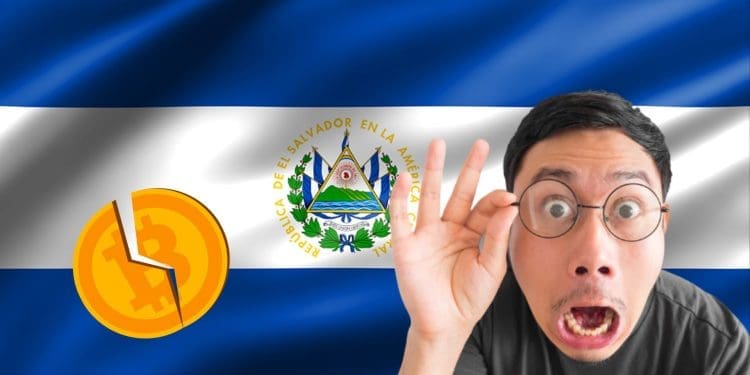- An investigation revealed El Salvador’s government misused over $200 million of COVID-19 relief funds to finance its controversial Bitcoin adoption program, violating the loan agreement.
- When relief funds arrived in 2021, only $20 million went to small business loans as intended. Instead, $425 million got redirected to Bitcoin infrastructure like the Chivo wallet app.
- Bitcoin adoption in El Salvador has fallen short of goals, with less than 10% of Chivo users remaining active and Bitcoin comprising under 1% of the economy.
An investigation by the Organized Crime and Corruption Reporting Project (OCCRP) has uncovered how the government of El Salvador misallocated over 200 million dollars of COVID-19 pandemic relief funds to finance its controversial Bitcoin adoption program, defying the loan agreement’s prohibition on using the money for cryptocurrency projects.
The COVID-19 Crisis Plunges El Salvador into Turmoil
In 2020, the COVID-19 pandemic caused El Salvador’s GDP to plunge nearly 8% and left many struggling amid strict lockdown measures. So when the Central American Bank for Economic Integration (BCIE) approved a $600 million loan in 2021 to provide relief for small businesses impacted by the crisis, it offered a lifeline for millions of Salvadorans.
Only a Fraction of Relief Funds Reach Small Businesses
According to the investigation, when the BCIE funds arrived in July 2021, only $20 million ended up being distributed for small business loans as intended. Instead, $425 million went towards general state obligations that ended up funding Bitcoin infrastructure, violating the loan agreement.
Government Prioritizes Bitcoin Over Pandemic Aid
In June 2021, President Bukele announced plans to adopt Bitcoin as legal tender. When international financial institutions warned of risks, Bukele pressed on. The following month, over $200 million of the BCIE COVID loan got redirected to Bitcoin projects like the Chivo digital wallet app, instead of pandemic relief.
Bitcoin Adoption Falls Short of Goals
A study found less than 10% of Chivo users continued actively using Bitcoin in 2022. Daily usage remains low, leading economists to conclude Bitcoin makes up less than 1% of El Salvador’s economy – hardly achieving Bukele’s goals.
Conclusion
The misuse of COVID relief funds to finance El Salvador’s Bitcoin rollout highlights issues of corruption and deprived Salvadorans of desperately needed aid. This imprudent allocation failed to deliver on promises to transform commerce and finance, while pandemic devastation continues. Ultimately, the squandered funds meant to help those in need demonstrate the vital importance of accountability in relief aid distribution.














